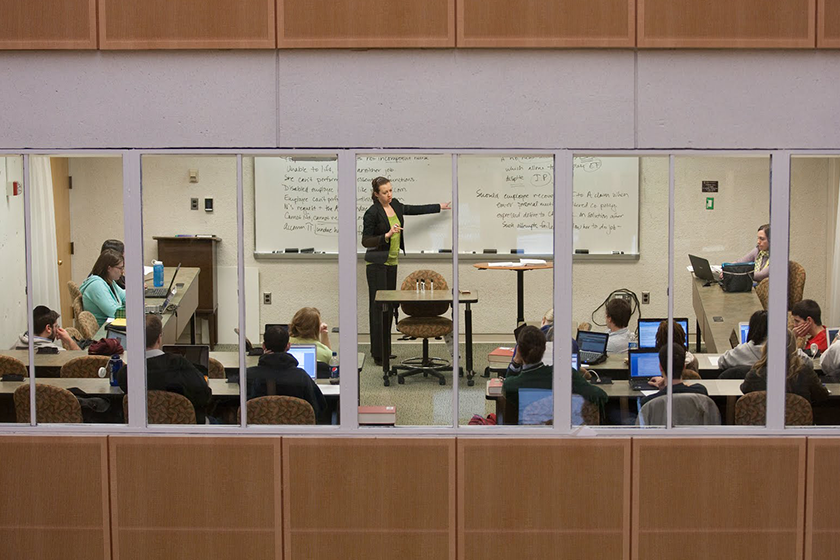Hearsay: Debunking or Extolling the Evidence Once Admitted
Lawyers fight over hearsay admissibility, concentrating on whether foundational requirements have been met. But, once admitted, the hearsay is just ‘there.’ The leading textbooks on trial advocacy offer no advice on how to deal with hearsay, whether for the proponent to convince the jury of its reliability or the opponent to show its deficiencies. The lawyer’s toolbox seems empty. In actuality, the advocate has several mechanisms to attack or endorse hearsay evidence. For supporting the hearsay, the advocate has the reliability rationale for each hearsay exception. There is no barrier to the proponent incorporating those rationales into a closing argument and telling jurors Why does the law permit you to hear what the patient told the Doctor? Because when you go to get treatment, you tell the Doctor the truth to get the best care. You got to read the text message sent as the accident was unfolding. When people describe an event as it unfolds, it is the event talking, and not any mental manipulation. It’s in the daily business inventory. You know those …










